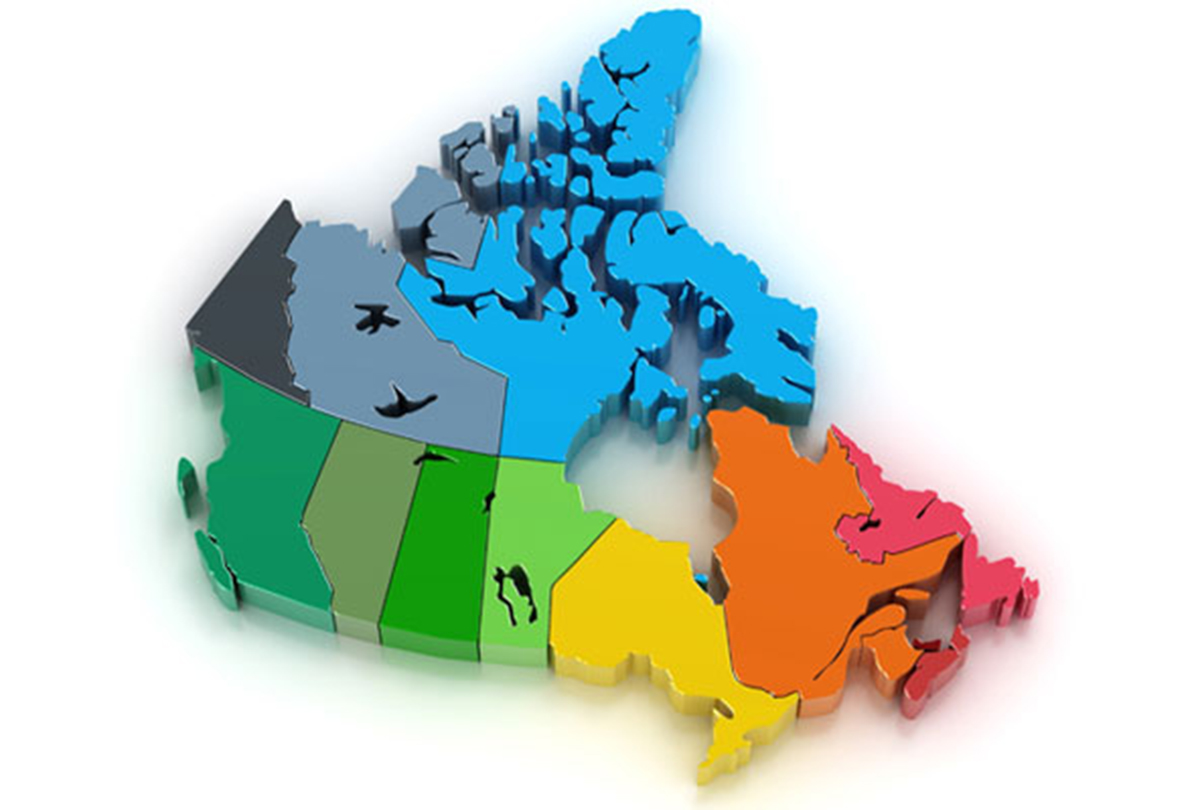Just a myth I guess.
Don Braid, Calgary Herald See More Stories From Don Braid Here Premier Danielle Smith raises hell with Ottawa over provincial grievances, to the joy of many Albertans and the discomfort of others. Here’s one mammoth, nation-wrecking gripe: Quebec has received $129.9 billion in equalization...
energynow.ca
Premier Danielle Smith raises hell with Ottawa over provincial grievances, to the joy of many Albertans and the discomfort of others.
Here’s one mammoth, nation-wrecking gripe:
Quebec has received $129.9 billion in equalization payments in the past 10 years.
Even Ontario receives $576 million this year and $546 million next year; preposterous handouts to Canada’s largest economy by far.
Equalization began in 1957. Alberta has reaped not a single penny since 1965. That was the one and only payment in the past 60 years.
Saskatchewan and B.C. have received no payments for 15 years.
Smith demands that the four big provinces — B.C., Alberta, Ontario and Quebec — all receive the same per-capita payments.
She’s not saying that genuine have-not provinces should be denied, especially in Atlantic Canada.
But she points out the farce of huge payments to provinces with big, wealth-generating economies.
And now, a new Angus Reid poll shows a strikingly high level of support for Smith’s idea.
Asked if they agree with her proposal, 60 per cent said yes.
Only 19 per cent are opposed. Twenty-one per cent are unsure.
That’s remarkable. Majority support for reforming equalization is finally afoot in Canada.
Equalization was designed as a way for all provinces to provide roughly similar levels of service for their citizens.
It has become a payoff system for keeping Quebec in Canada; and for some, an irritant that could drive Alberta out.
This allows successive Quebec governments to suppress development and cap resource prices, to keep the money flowing.
It’s all about fiscal capacity. Quebec has some neat tricks for keeping its own capacity artificially low.
Because of the equalization cushion, the Quebec National Assembly felt free to pass a resolution banning new oil or gas pipelines through the province.
None of this stops the insults. Bloc Quebecois Leader Yves-Francois Blanchet calls Canada an “artificial country” (which is nonetheless free to supply Quebec with real western wealth). He says Alberta is a doomed petro-state.
Bloc Quebecois leader Yves-Francois Blanchet answers question during a press conference on Tuesday, April 29, 2025.
Alberta’s referendum on removing equalization from the Constitution passed with 62 per cent in 2021.
The Trudeau Liberals had a constitutional obligation to respond, but simply ignored the vote.
True reform will never happen without widespread political will. Finally, that seems to be developing.
Last year, Newfoundland and Labrador challenged equalization in court. The case has since been joined by B.C., Alberta and Saskatchewan.
Prime Minister Mark Carney has made no promises on equalization.
But his election campaign legitimized Alberta’s grievances with promises of energy corridors, making Canada an energy superpower and changing irritants such as Bill C-69.
It seems that some Canadians who sneered at Smith’s demands suddenly took a friendlier view.
Federal Liberal Leader Mark Carney speaks during a campaign stop at the Iron Workers Local Union 725 offices in Calgary on Wednesday, April 9, 2025.
The poll also found 46 per cent support for ending the tanker ban off the B.C. north coast, and guaranteeing no export tax on Alberta’s resources.
On both issues, the opposition was only 35 per cent, with significant percentages undecided.
Sixty-four per cent of Canadians would back a guarantee of corridors and port access to the east and west coasts for oil and gas.
It’s quite possible that national awareness of Alberta’s grievances with Ottawa hasn’t been this high since the 1980s.
Polling was not so common in those days, but nobody could miss the uproar when Alberta reduced oil shipments to Ontario. They even noticed that in downtown Toronto.
All the talk of separatism today, following Smith’s move to loosen referendum rules, has alarmed many people.
Alberta First Nations are furious — and rightly so. Alberta polling consistently shows majority opposition to separation.
But the scare seems to be serving a useful purpose. Western economic grievances are finally seen as serious problems that need action.
Smith is partly responsible for that. And so, weirdly, is Carney.
Don Braid’s column appears regularly in the Herald




www.fraserinstitute.org

albertaworker.ca

